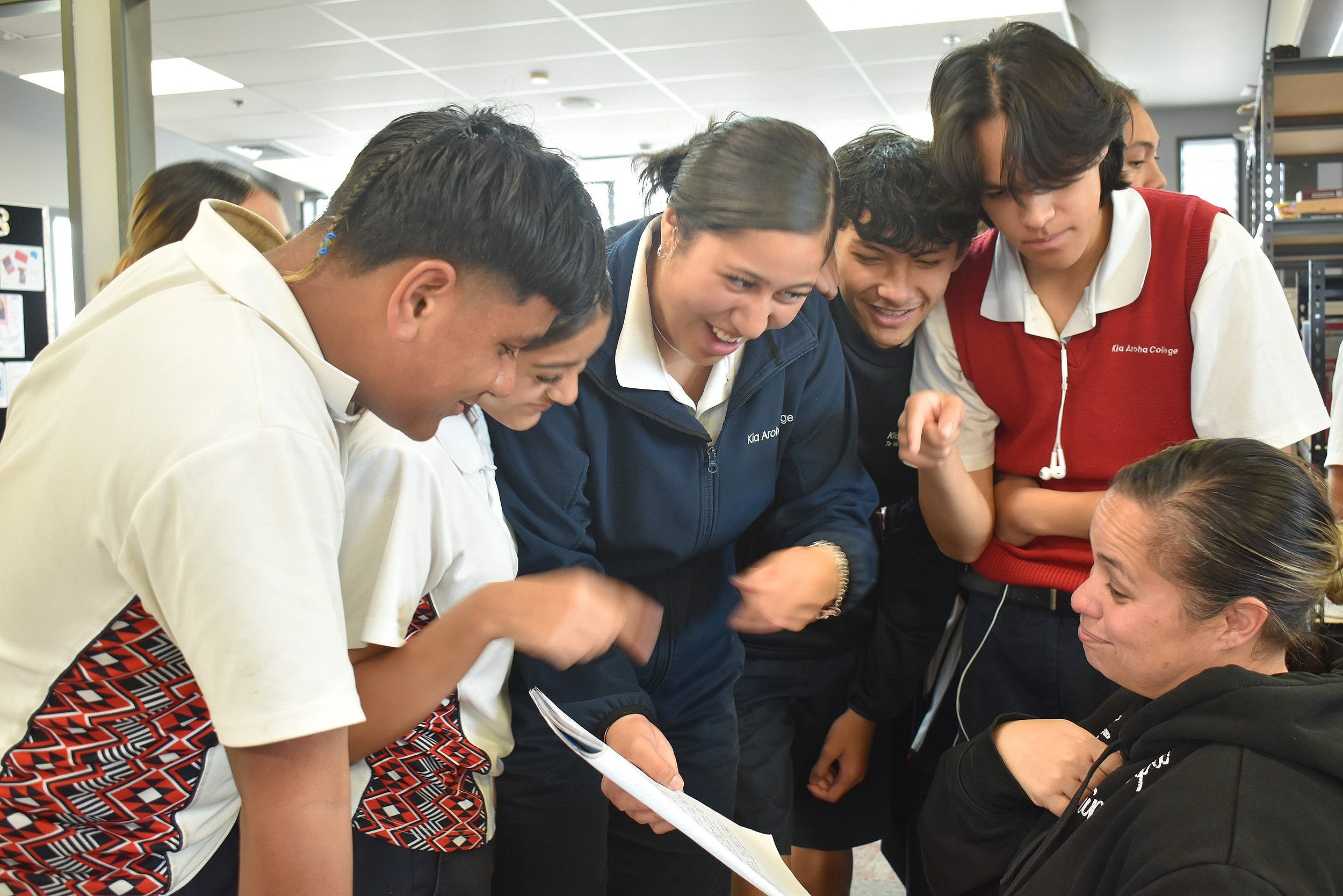
Special Character
Designated character or special character schools were created under the Education Act 1989 of New Zealand. The Ministry of Education defines a designated character school as "a state school that has a particular character which sets it apart from ordinary state schools and kura kaupapa Māori. The only students who may enrol at a designated character school are those whose parents accept the particular character of the school.
The special character of Kia Aroha Campus is committed to the following 12 principles:
To provide a learning environment where cultural identity, custom, language, and knowledge is the norm.
To enable children to live as who they are at school, to develop the skills and knowledge to actively participate as citizens of the world, to enjoy good health, and a high standard of living.
To provide an holistic learning environment based on the philosophy and practice of Whānau /family.
To honour Te Triti o Waitangi.
To provide families with Māori and Pasifika bilingual learning options in Te Reo Māori, Samoan, Tongan, and Cook Islands Māori
To comply with the National Education Guidelines
To give students participation in decision-making in curriculum content and planning to address real-world issues through the lenses of empowerment and social justice.
To empower students to become catalysts of change in their communities and society
To develop classroom practice where cultural knowledges are normal, valid, and legitimate and guide classroom interactions and learning.
To ensure that children will be secure in their knowledge about their culture and identity, to enable them to participate in the wider world.
To foster high expectations for excellence in learning, culturally, socially, and academically, so children have choices for their future.
To involve parents and wider Whānau /family in the education of their children, in culturally familiar ways that are empowering
Our Learning model represents a 3-legged stool. If one of those legs is smaller than the other or is afforded more or less time, the stool will become unbalanced and topple over.
Our learning model ensures that learning is negotiated, inquiry-based, and provides young people with the power to understand and challenge inequity. It is expected that we all work together, and once we know something, we have a responsibility to share it with others.





